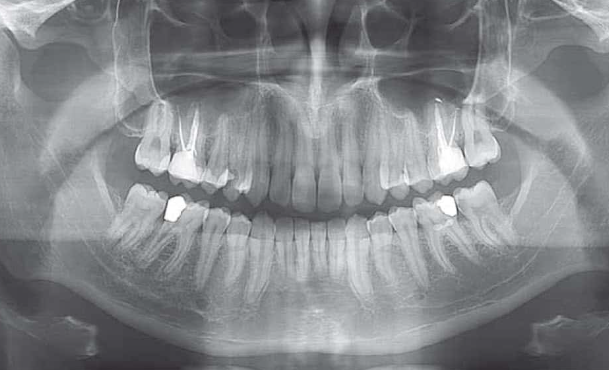Dental implants are an effective and permanent solution for those looking to replace missing teeth. However, before you commit to the dental implant process, there are some important considerations that you should take into account. In this article, we will discuss the six things you should consider when undergoing a dental implant procedure.
1. Dental Implant Cost:
The cost of dental implants is a major consideration for many patients. The cost of the entire process can vary drastically between providers, so it’s important to research and compare prices before making a decision on where to have your procedure done. Additionally, the cost of the surgery itself can vary depending on factors like the type of implant chosen, any additional procedures needed, and even geographic location. While sometimes opting for a lower-cost option may seem attractive, it’s important to remember that quality should never be sacrificed in favor of price. Not only are higher-priced implants made with higher-quality materials designed to last longer, they also often come with warranties or guarantees that can be invaluable when dealing with something as important as dental health. Therefore, when looking into dental implants, it’s crucial to weigh both cost and quality equally to ensure that you make an informed decision about your oral health care.
2. Type of Implant:
There are two main types of dental implants available – endosteal and subperiosteal. Endosteal implants involve a surgical process where titanium screws or posts are placed directly into your jawbone and serve as anchors for replacement teeth or bridges. On the other hand, subperiosteal implants involve placing an implant made of metal framework onto or above your jawbone but below the gum tissue surface. Both types have their advantages and disadvantages so be sure to talk to your dentist about which option is best for you before making any decisions.
3. Health of Your Jawbone:
Before getting dental implants, it’s important to make sure that your jawbone is healthy enough for surgery. If there is not enough bone mass in your jaw then a bone graft may be required in order for the implant to be successful so it’s important to discuss this with your dentist beforehand if necessary.
4. Recovery Time:
Recovery time after getting dental implants can vary depending on each individual case but typically takes between 3-6 months while osseointegration (the process where new bone cells grow around the implant) occurs in order for it to become integrated with your jawbone permanently over time. It may take up to 6 months after placement until replacement teeth or bridges can be affixed on top so make sure you plan ahead accordingly if needed!
5. Long Term Care:
Aftercare is another important factor worth taking into consideration when considering a dental implant procedure as proper oral hygiene habits must be maintained in order for them to last long-term (brushing twice daily, flossing daily etc). Regular check-ups with your dentist every 6-12 months are also recommended in order to maintain good oral health throughout life after having received an implant treatment!
6. Alternatives To Consider:
Depending on what type of problem you have with missing teeth (such as decay or wear), other solutions such as bridges or dentures might be more suitable than having an entire dental implant procedure done so make sure that you understand all options prior to making any decisions regarding treatment plans!
In conclusion, undergoing a dental implant procedure can be well worth it if done properly but understanding all aspects involved beforehand is key in ensuring that everything goes smoothly during and after surgery has taken place! Be sure to talk through all considerations discussed above with your dentist prior to committing to any kind of treatment plan so that the results can last long term!


















